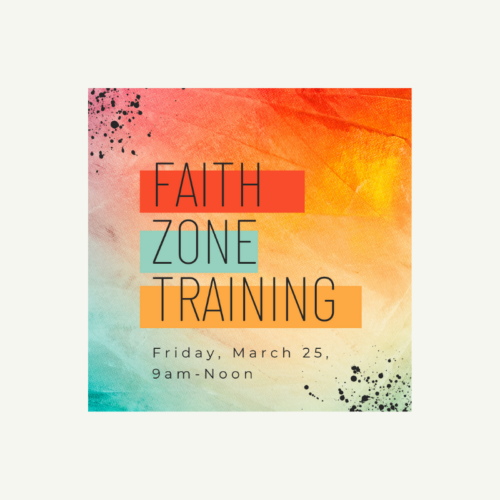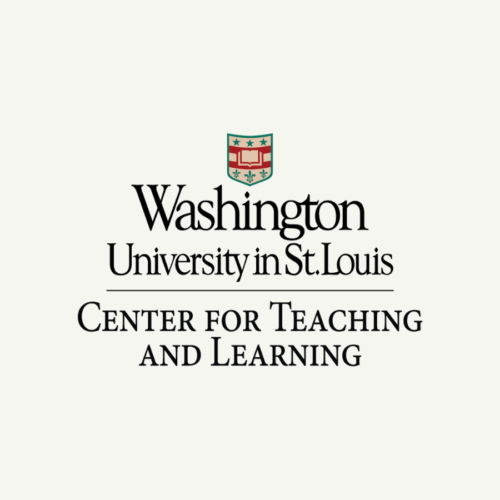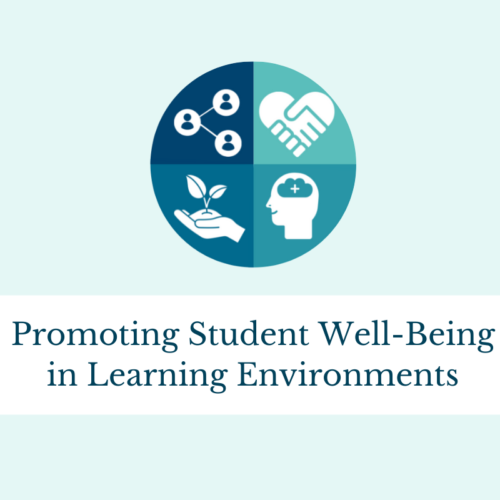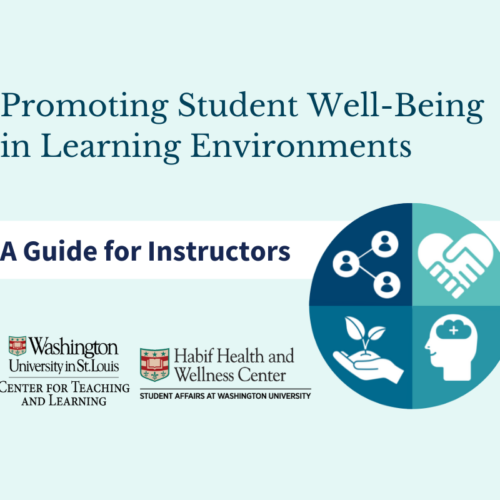Guidelines for Debate-Time Discussions
The excitement surrounding the upcoming presidential debate at Washington University makes this week a great time to foster opportunities–both within and outside the classroom–to develop a deeper understanding of different perspectives on a wide range of issues that are being discussed by voters and by the candidates.
As you engage your students in these conversations in the classroom, you may find it helpful to set ground rules for respectful, inclusive discussions. In addition, take a look at our suggestions for establishing a structure that encourages learning when facilitating challenging conversations.
Students may be more likely to engage in honest discussion if they understand the classroom to be a space open to different points of view. Therefore, it is generally a good idea for instructors to refrain from presenting their own positions within a debate of controversial topics.* Instead, explain that your role is that of a facilitator who ensures that all positions are respectfully heard, considered, and discussed. In addition, prompt students to continually reflect on and revise their positions as they learn from one another.
Whatever the focus of your course, it is an opportune time to encourage dialogue that can advance learning for all.
*Instructors may also find it helpful to know that Washington University policy prohibits faculty and staff from using University resources (including computers and email accounts) to actively campaign for specific candidates.





